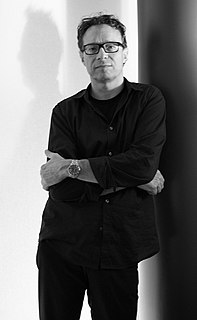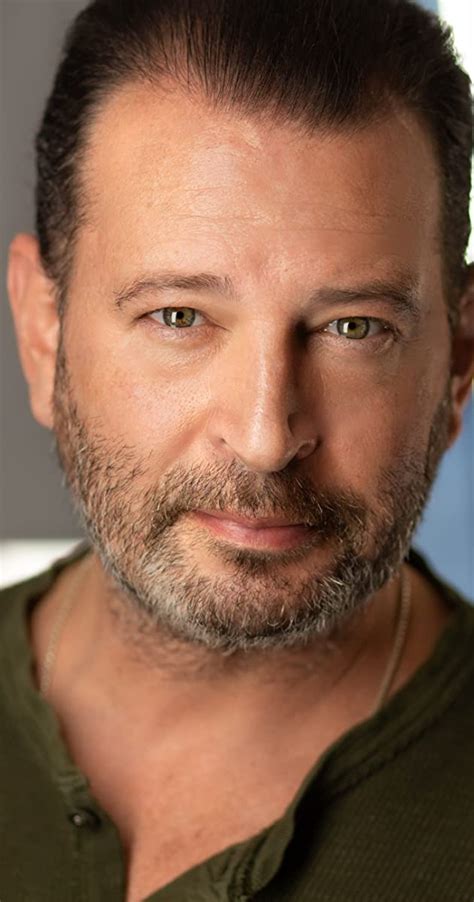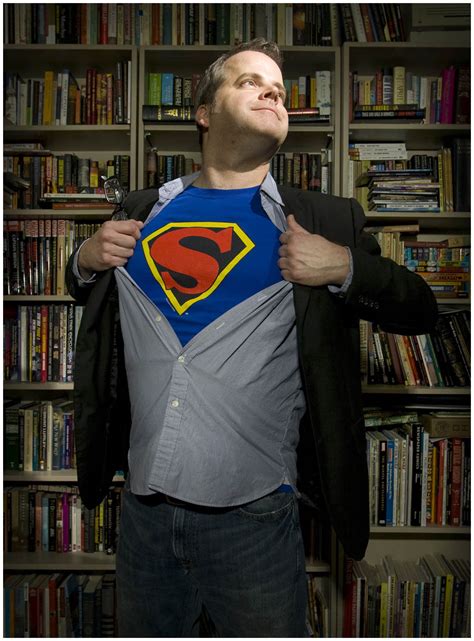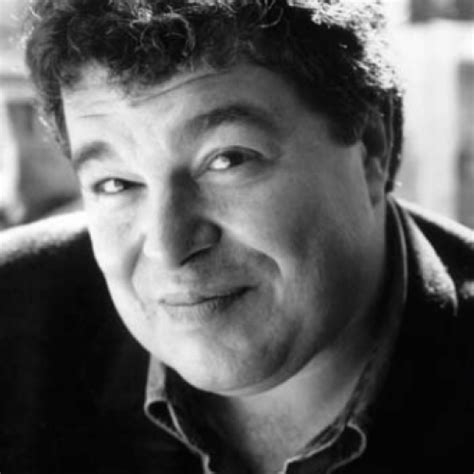A Quote by Marco Brambilla
Most of my work has no conventional narrative, so it's not essential to have a beginning and an end - your attention can flow in and out of the experience rather than having a set entry point.
Related Quotes
When I set out to write a screenplay, I have in my mind a beginning and an end but that end part continually changes as I start to write the middle. That way by the time the screenplay is finished I have taken myself and my audience from a familiar beginning point through the story to an unfamiliar ending point.
If the point of life is the same as the point of a story, the point of life is character transformation. If I got any comfort as I set out on my first story, it was that in nearly every story, the protagonist is transformed. He's a jerk at the beginning and nice at the end, or a coward at the beginning and brave at the end. If the character doesn't change, the story hasn't happened yet. And if story is derived from real life, if story is just condensed version of life then life itself may be designed to change us so that we evolve from one kind of person to another.
The river itself has no beginning or end. In its beginning, it is not yet the river; in the end it is no longer the river. What we call the headwaters is only a selection from among the innumerable sources which flow together to compose it. At what point in its course does the Mississippi become what the Mississippi means?
Even though I know I can work out at any point in my day, I set a time that I want to get this workout in by. I set times when I'm waking up and having breakfast. Finding a few things you can stick to in your daily routine is helpful when there's a lot of uncertainty and your scheduling is really off.
I don't really have any advice, other than to say it's the most appallingly difficult thing I've ever tried to do and I wish I had a better idea of how to do it. In my experience what you end up with is the by-product of your failure to achieve what you set out to do. It may turn out OK, but it wasn't what you meant and you've no idea how you got there.
The strange thing about the apocalypse is that it's uneven. For some people, it goes one way and for others another way, so that there's always this shifting relation to the narrative of the disaster. Sometimes apocalypses are just structural fictions, and sometimes they're real. Sometimes a narrative requires an end - the fact that the beginning was always leading somewhere becomes clear at the end. There's an idea that we're always in the middle, but we posit this apocalyptic end in order to also be able to project into the past or the beginning. I think that's true and false.







































